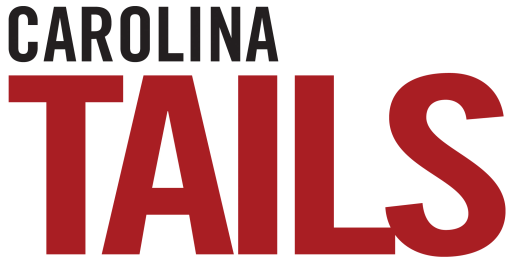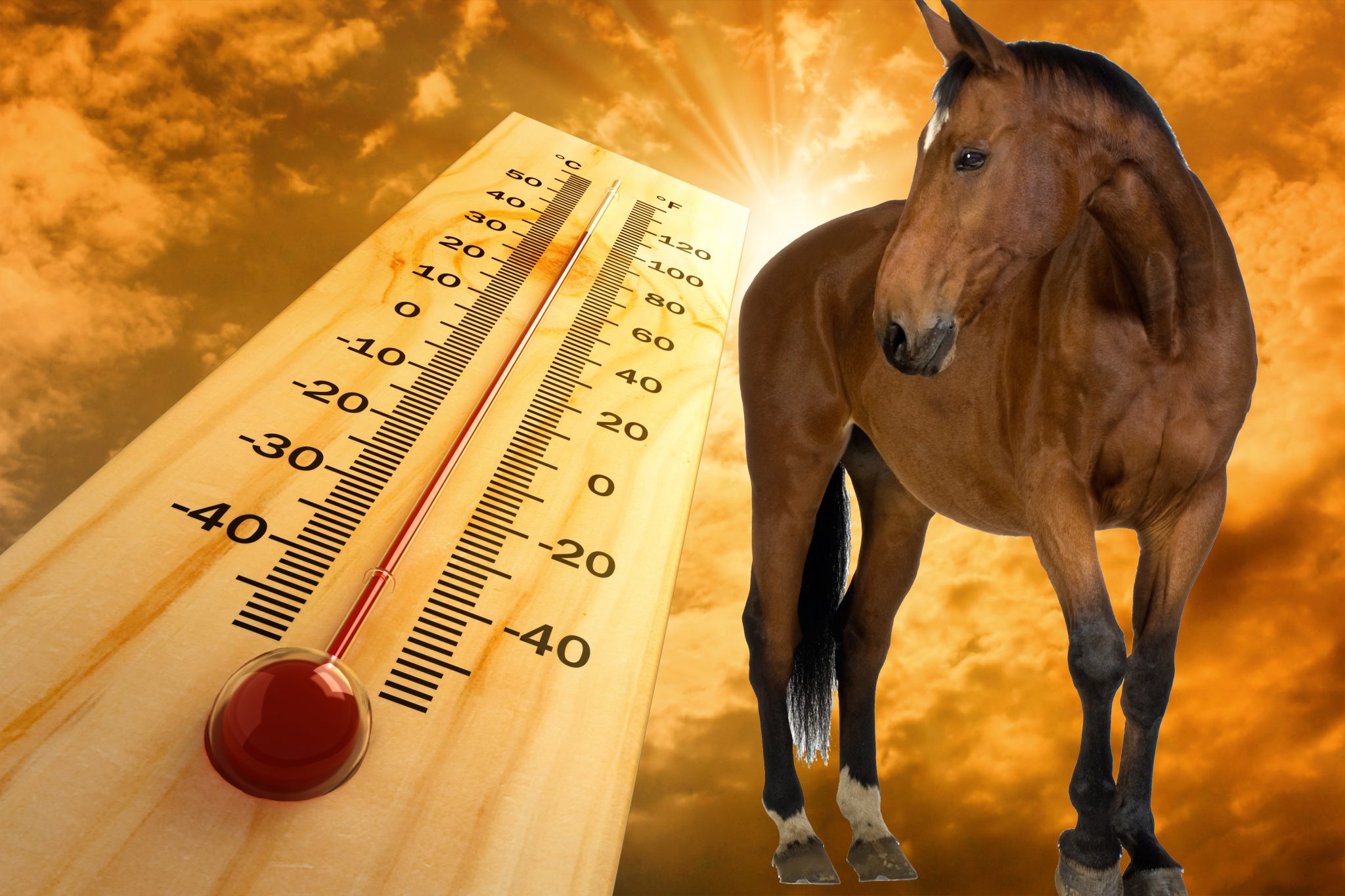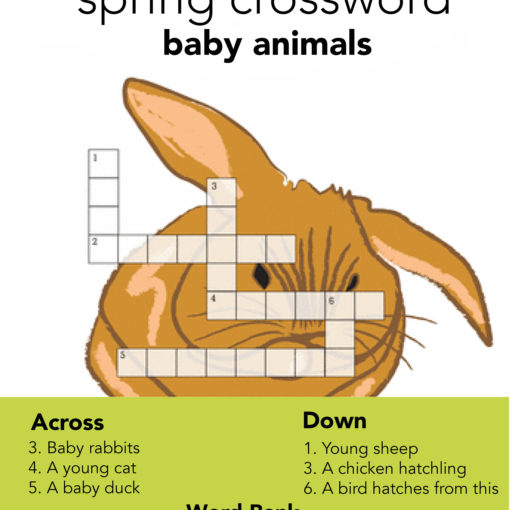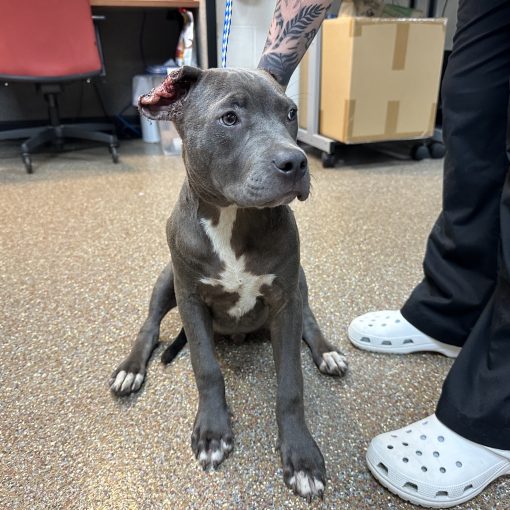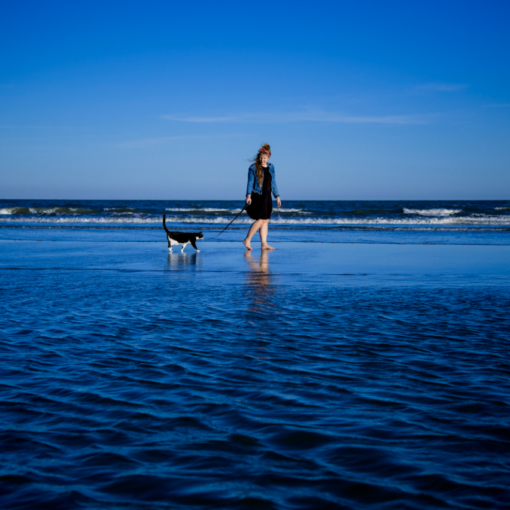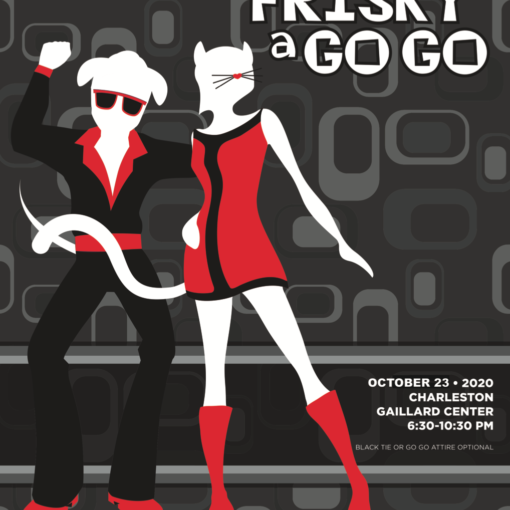On the surface, it might seem a recent move by the Carriage Animal Temperature and Heat Index Committee in Charleston would make things better for carriage animals. But in reality, it will make things worse.
Under current law (as of December 2016), horses are only pulled from service if the temperature spikes to a sizzling 98°F or 125° heat index. There have to be two readings 15-minutes apart before tours on the hot downtown asphalt are halted. So, in the worst-case scenario (if the law is followed), horses are out in the heat for 15 minutes. Of course, this only happens if the law is followed. In the summer of 2015, Charleston Animal Society discovered that, even though the temperatures reached 98°F on 4 separate occasions, the horses were pulled only once.
Making Things Worse
Under the new proposal from the city committee, the heat threshold temperature drops to 95°F or 110° heat index. BUT, and this is a big but, the horses and mules have to stay out in the heat much longer, before they can be pulled. In a move to appease the carriage industry’s concerns about potential lost revenue, the animals must keep working until there are four consecutive readings above the heat threshold — that’s one HOUR. The temperatures could spike to 98°, 99° even 100°, with heat indices above 125° — and they won’t be pulled unless there are 4 consecutive readings, 15 minutes apart. But if even one of those 4 readings dips below 95°, the cycle starts over and it will be at least another hour in the heat for the animals. (If pulled, the animals will be off the streets for one hour, until the temperature drops below 95°).
Scientific Research is the Key
Charleston Animal Society’s representative on the committee voted against this proposal. Charleston Animal Society is requesting a comprehensive, peer-reviewed study of the Charleston carriage industry using a science-based approach. But that idea was shot down by the committee, which is tasked with making the industry more humane. It wasn’t even allowed to come up for a vote. “I can tell you right now we would never allow our animals to be part of a study with an animal rights group,” said Broderick Christoff who represents the carriage industry on the committee.
“Hearing this should set off alarm bells for anyone who truly cares about the welfare of horses,” said Charleston Animal Society CEO Joe Elmore. “It raises the question, what are these carriage companies hiding and why are they afraid of an independent study?”
Dirty Data?
One reason could be that these researchers would not rely on the data that is provided by horse carriage companies to the city; information such as a horse’s internal temperature after tours. Researchers would collect their own data and then make carriage tour recommendations based on scientific standards used at universities and research facilities around the world.
The City would not allow independent veterinarians to participate in the committee. Instead, they used the City’s veterinarian and the carriage horse company’s veterinarian to review the numbers, which have no scientific basis, to come to the “95°/110°” decision. Throughout the meeting, representatives from the city and the carriage industry both use the word ‘arbitrary,’ when it came to the temperature decision they were supporting. “This is why we need an independent study backed by experts from a university or scientific organization,” Elmore said. “Charleston Animal Society is in touch with experts who are excited about doing this study that will have impacts for not only Charleston but the entire country.”
Learn more at: www.CharlestonAnimalSociety.org/humane-carriage-tours
